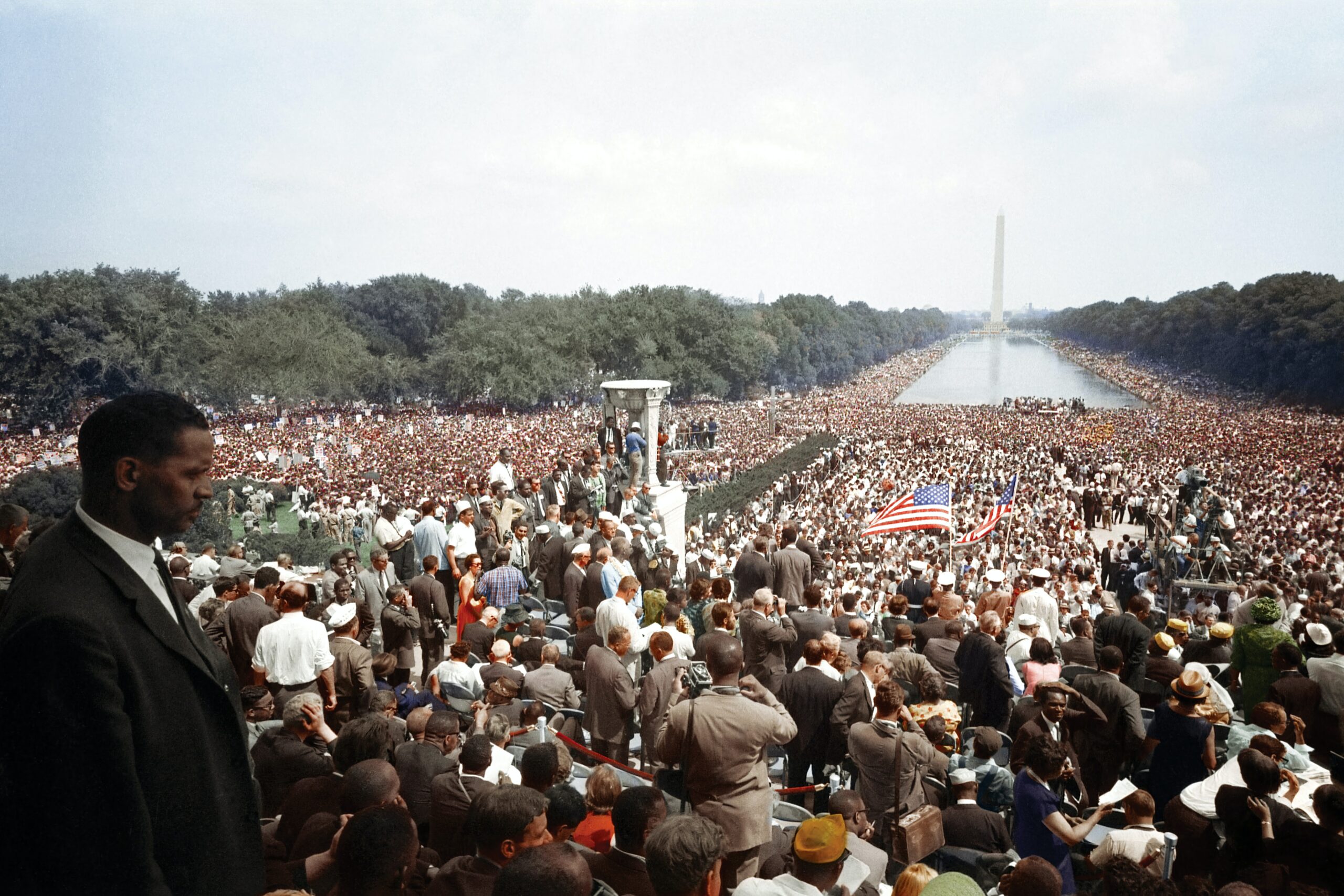
By: Anaïs Maseda
Being someone with a richly diverse background and ancestry, I grew up confused about my ethnicity with constant questioning about my African-American culture. It took me quite some time to feel comfortable identifying as Black, feeling as though I was not Black enough and I often fell short of knowing about Black history. Every time Black History Month came around, insecurity would come up, mixed with this unyielding desire to prove myself to the diaspora of which I already belong.
My appreciation and love for Black History Month started off as a will to prove that I was Black enough– to feel like I actually belonged. This stemmed from me having such a mixed background and often feeling like an outsider to the daily lived experiences from those belonging to the same ethnic groups as I am. Yet, as I committed myself to understanding more of my Blackness, this journey blossomed into a deeply healing experience towards making amends with and accepting my identity as a Black woman.
It took me being able to accept that my lived experience as, not just a black woman, but a human being, is valid and valuable. The more that I connected to my full humanity, the easier it was for me to connect with the diverse aspects of myself; the more of myself that I accepted, the more accepted I felt by others. I realized just how similar I was to the very people I was trying to prove myself to. I also realized just how different we are, as well, which made for meaningful connections and beautifully exchanged experiences.
Black History Month is now a time for me to learn more about my African-American culture, and to especially celebrate with people that are so vibrant and soulful. Black History is often swept under the rug or mistold by folks who are not representative of our culture. Black History Month is a chance for Black/African-Americans – AND for all people – to learn about who we are, what we have done, and how we contribute to American society from OUR voices and experiences.
Black History Month is a time to not only recognize the struggles and hardships that Black/African Americans have experienced and continue to overcome, but to also honor and celebrate the achievements of Black/African Americans. We can learn a great deal from history, and to learn about how Black/African Americans have helped build and shape society, despite having faced adversity, invokes a deep sense of inspiration and appreciation.
In 1915, Dr. Carter G. Woodson, historian, author and also known as “The Father of Black History”, created an organization called the Association for the Study of Negro Life and History. Woodson believed in the importance that Black Americans – and all Americans, for that matter – recognize that Black people have always been part of the development of this nation from the very beginning. In 1926, Woodson established the first Negro History Week on Feb 7th, which further evolved, in 1976, into what we presently celebrate as Black History Month.
Furthermore, it is critical, as Americans, to understand that Black labor has been foundational to the development of America and its economy. Enslaved folk built this very country’s early infrastructure and produced commodities like cotton and tobacco. Some of our greatest enjoyments, conveniences, and practices in America have been shaped and created by Black/African Americans. Just to name a few:
- George Washington Carver, born of slave parents in 1860, revolutionized southern agriculture. He is also known for producing peanuts and discovering bleach, tar remover, paper ink, etc.
- Jan Ernest Matzeliger was a pioneer in shoemaking and contributed to America and other nations by billions of dollars
- Sojourner Truth, known for her famous “Ain’t I a Woman” speech, was among the most famous anti-slavery speakers of her time. She influenced the feminist movement and was a voice for Black and Brown women to be represented
- Garrett Morgan, who only had an elementary school education, invented the The Three-Light Traffic Signal in 1923
- Lewis Latimer who invented the Carbon Light Bulb Filament in 1881, and worked alongside Thomas Edison in 1884
Black History Month is a celebration of Black/African Americans, but it is also an opportunity for other groups of people to integrate deeper practices of inclusion. How do you celebrate Black History Month, whether you are Black or not? Perhaps you can do your own research to learn more about Black History; attend your local history museum that highlights Black History; or even join a conversation that centers the lived experiences of the Black diaspora!
Black History Month stands as a symbol to all groups of people – that our inherent value and humanity is worthy of being recognized and celebrated; that people have unique ideas and skills that are invaluable beyond our own biases and stereotypes. When we celebrate a group of people outside of our own familiarity and when we can just meet people for who they are, beyond our own prejudices, then our coexistence can take our human race to depths greater than what we can even imagine.
Happy Black History Month!
Resources:
https://today.tamu.edu/2021/02/08/the-origins-of-black-history-month/
https://www.bestcolleges.com/blog/black-history-month-facts/
https://asalh.org/about-us/about-black-history-month/
https://humanrights.iowa.gov/cas/saa/african-american-culture-history/famous-african-americans
https://www.clasp.org/blog/african-american-workers-built-america/
https://www.history.com/news/8-black-inventors-african-american


